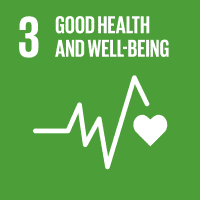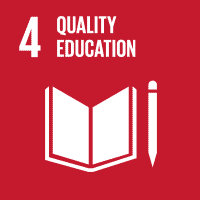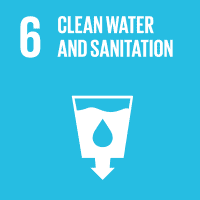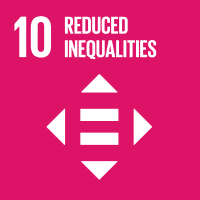Sanitation for Millions is a global programme improving access to safe sanitation and hygiene, commissioned by the German Federal Ministry for Economic Cooperation and Development (BMZ). The Bill & Melinda Gates Foundation, the UK solidarity fund Water Unite, the Hungarian Ministry for Foreign Affairs and Trade and the Inter-American Development Bank have also contributed to financing the programme. The Deutsche Gesellschaft für Internationale Zusammenarbeit (GIZ) GmbH is implementing Sanitation for Millions with local partners in Uganda, Jordan, Colombia and Pakistan.
Best buddies
Elvis and Brian show us around their school in Uganda. Everyone can come here to learn – with or without disabilities. That’s what inclusion is all about.
Elvis Paul Odong is sitting in the shade and waiting. His teenage friend Brian Anok has gone to fetch lunch for them both so that 12-year-old Elvis can start telling us all about the school in the meantime. ‘I can’t see very well,’ he says. He finds seeing things that are far away particularly difficult. But that doesn’t curb his eagerness to learn – especially since he has Brian by his side.
The boys are two of around 600 pupils at Ikwera Negri School, a government-aided school in northern Uganda. Here in Apac, some five hours’ drive from the capital city of Kampala, inclusion has been at the top of the agenda for a long time. Girls and boys with and without disabilities attend the primary school, which – as is customary in Uganda – ends after year seven.
For more than 30 years, the teachers at Ikwera Negri School have been working to ensure that absolutely everyone can assert their right to education. They are driven by their firm conviction, something which cannot be taken for granted. ‘We’re pioneers,’ confirms head teacher Janet Lydia Ajwang. ‘Just a few years ago in Uganda, sending a child with special needs to school was considered a waste of resources.’
The primary school was founded in 1983 by nuns as an educational institution for children with disabilities. As this rural region as a whole did not have sufficient school places, Ikwera Negri began to admit children without disabilities over time. In 1989, the government took over the school, including its boarding facilities.
Accommodation is especially important for children from less privileged backgrounds or whose parents live far away. The school also provides food, recreational activities and sanitary care. With the support of the global Sanitation for Millions programme, the sanitation facilities on the site were expanded. Accessible toilets and several washing facilities are now available. These get busy at lunchtime because everyone wants to wash their hands quickly before queuing for lunch.
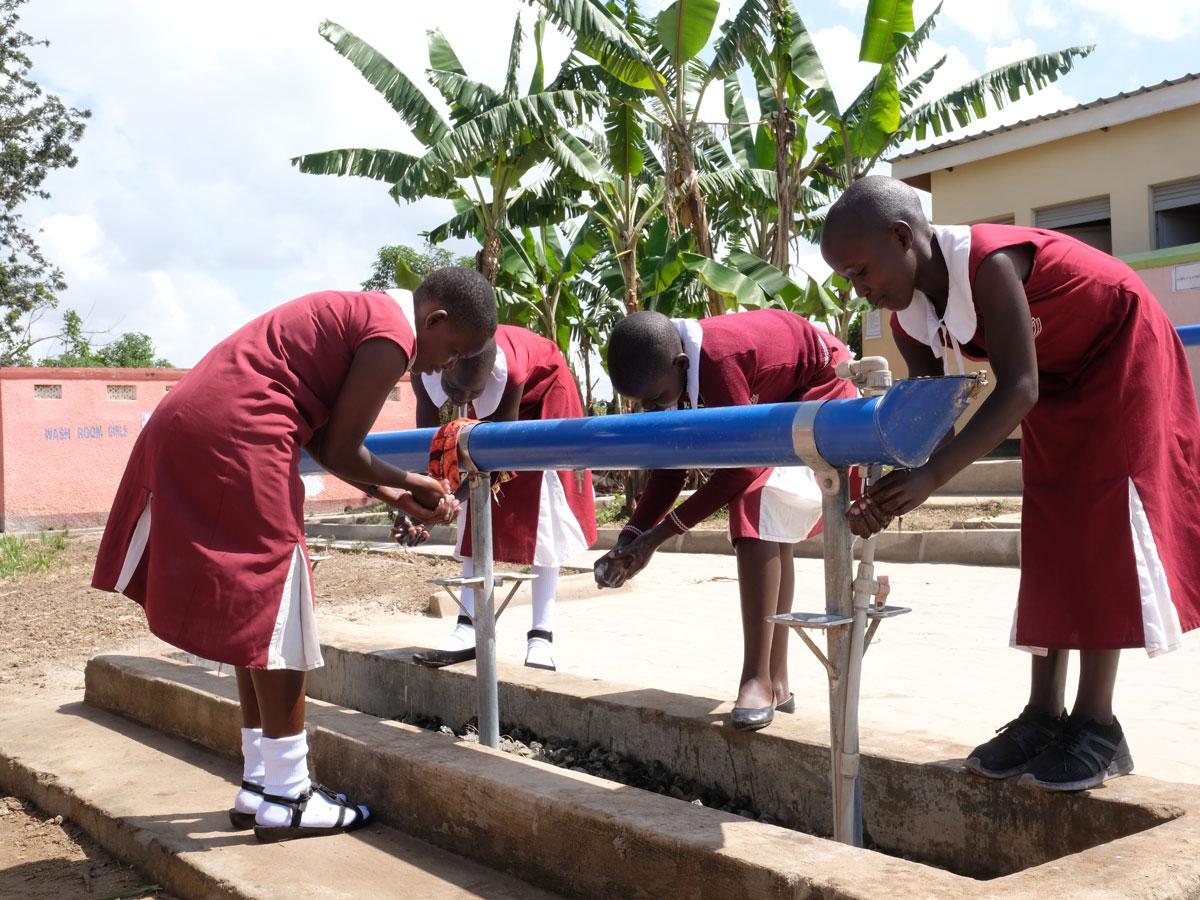
Brian has now returned with two plates and sits down next to Elvis in the shade of the school building. There are black-eyed peas and ugali, a maize meal. While they are eating, Brian describes his friend: ‘Elvis is caring and humble’ and has helped him learn to be more patient – both with others and himself. He doesn’t say a lot, but the boys’ bond is obvious.
For his part, Elvis is glad that Brian is willing to help him. ‘Sometimes my eyes hurt so much that I can’t come to class.’ Whenever this happens, his friend takes notes for him and explains what the lesson was about afterwards. And Brian is happy to do so, answering, ‘Whether you have special needs or not, at the end of the day, we’re all the same – everyone has something they need to be helped with.’
For the two boys, solidarity goes without saying; it’s a way of life at their school. That wasn’t always the case everywhere – and still isn’t. In the surrounding villages, they were initially met with a great deal of scepticism, reports Janet, the school’s head teacher. People with disabilities were often kept at home, out of sight, and sending them to school was considered a waste of money. With this being the general sentiment, parents were ashamed of their daughters and sons. She adds, ‘Often, I realised that they wouldn’t come all the way up to the school gate with the children, but stopped a little distance away so as not to be seen together with their disabled children.’
Nevertheless, the idea of disabled and non-disabled boys and girls learning together has now become normal within the communities around the school, and is becoming more and more accepted, Janet assures us. She says it begins with the families and then spreads to the community. This means parents are now seen in public with their children more. However, she remains realistic: people with disabilities are still being excluded and hidden.
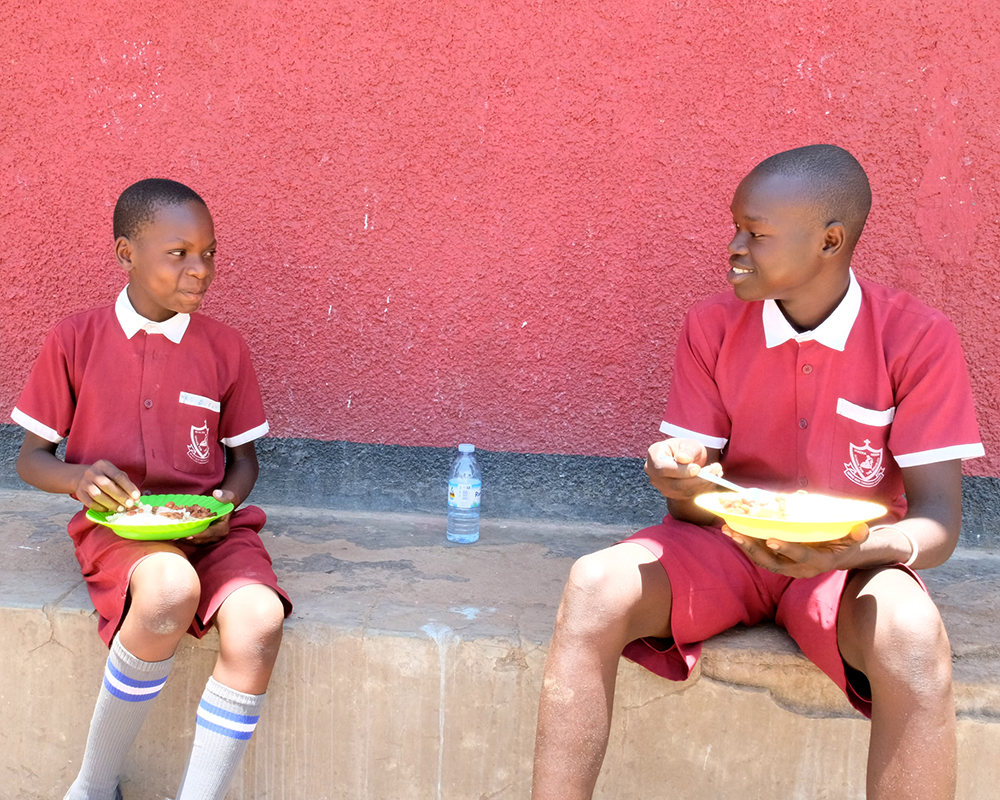
Inclusion as a common mission
More than one billion people worldwide have disabilities, with more than 80 per cent of them living in low-income countries. In 2006, the United Nations adopted the Convention on the Rights of Persons with Disabilities (CRPD). Its aim is to promote, protect and ensure human rights and fundamental freedoms for all persons with disabilities. The UN 2030 Agenda for Sustainable Development also aims to improve the participation of people with disabilities in society – for example in education.
The school is promoting a change in this attitude. And is doing so successfully, according to Thomas Omara Sanfan. He heads the Parent-Teachers’ Association and has sent all four of his children to Ikwera Negri School, although none of them has any form of disabilities. ‘I want my children to live with those who have special needs,’ he emphasises. ‘With a little support, everyone can develop their potential and take on roles that serve society.’
Despite the progress made, the head teacher and the Parent-Teachers’ Association agree that more needs to be done. ‘When children with disabilities go back to their villages for the holidays, they often still encounter the same old rejection,’ Thomas reports regretfully. ‘We feel how much of a strain it is on them when they are back in classes,’ says Janet, explaining that when the children return to school from holidays they are quiet and more reserved.
Brian and Elvis have a kick about on the football pitch after lunch. Brian calls out to tell his friend when the ball’s headed his way. Elvis deftly gets the ball and kicks it back. A normal pastime before the two return to the classroom. And as best friends, they put their heads together again right away during the lesson.
